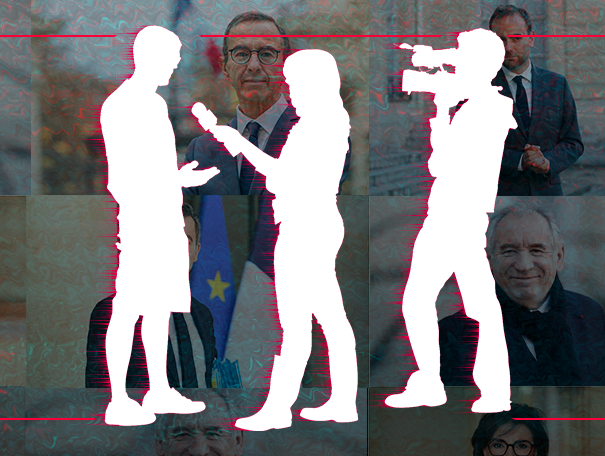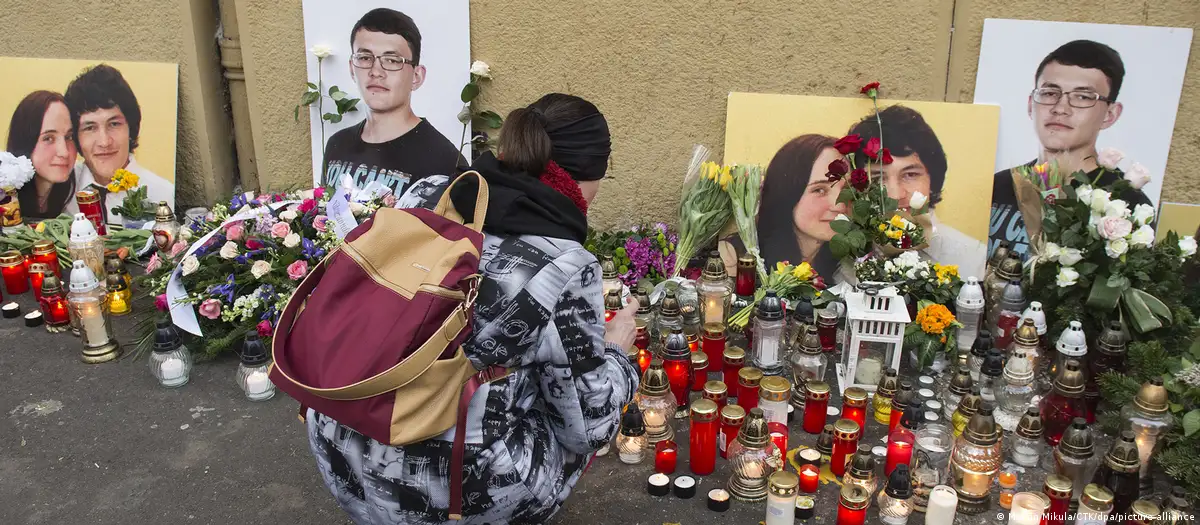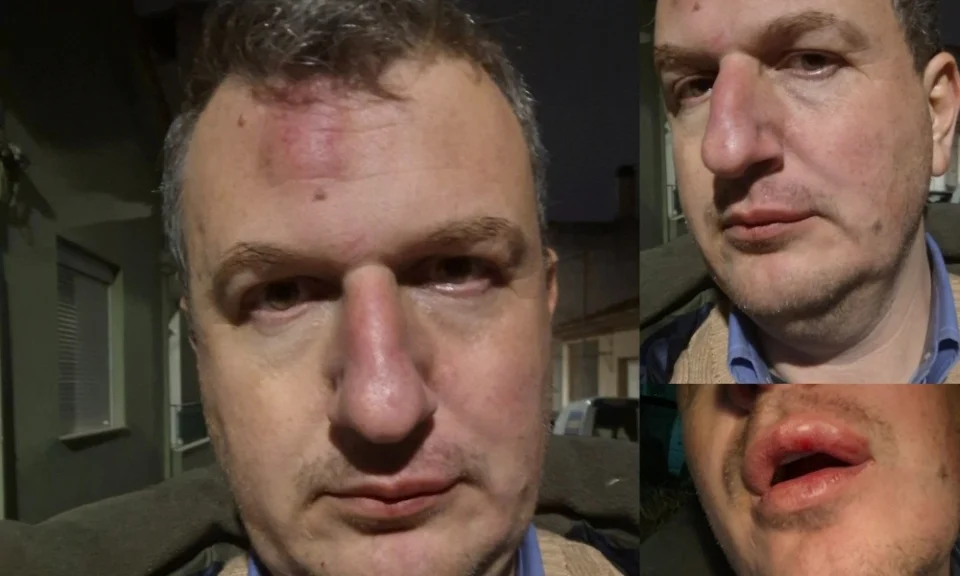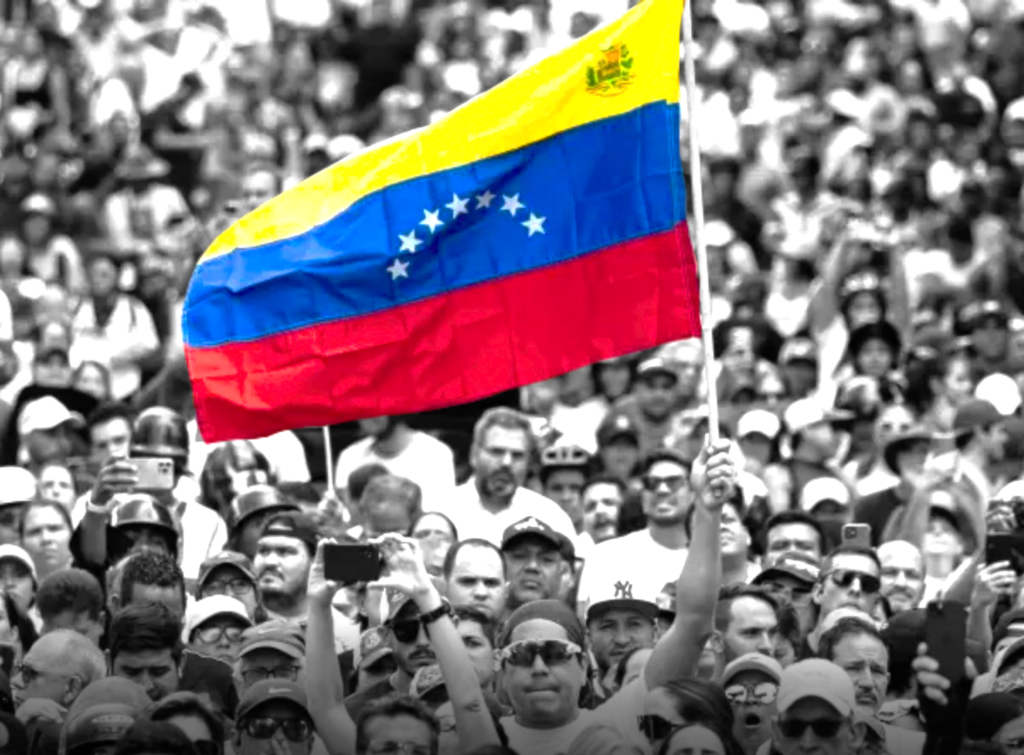
Venezuela’s Post-Election Crackdown: 221 Politicians, 23 Journalists & 6 Human Rights Activists Detained
January 13, 2025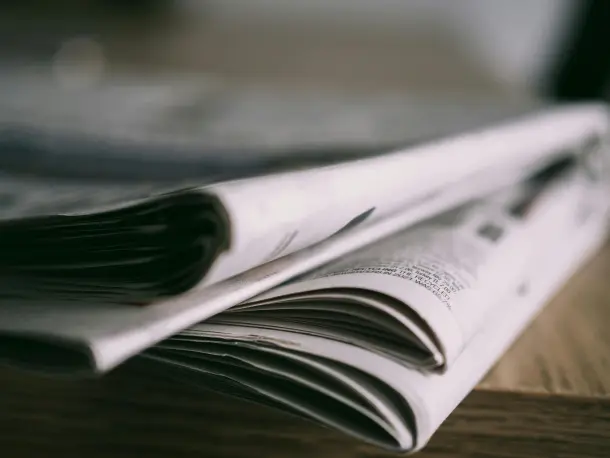
UNESCO Issues Call for Proposals to Strengthen Journalist Safety in Somalia
January 13, 2025January 13, 2025 – France –
Reporters Without Borders (RSF), alongside 110 civil society and media organizations, has jointly demanded that the French government enact robust legal protections for journalists’ sources. This collaborative appeal, announced in early 2025, highlights growing concerns over diminished press freedom and criminal risks facing journalists and their informants.
At the heart of the coalition’s demand is France’s lagging shield law for source confidentiality. Under current regulations, several court rulings have compelled journalists to reveal their sources during legal proceedings, despite promises of confidentiality. RSF warns that this not only deters whistleblowers from coming forward but also erodes the public’s ability to receive critical information about political and corporate wrongdoing.
The coalition represents a broad cross-section of French civil society: major media outlets, press unions, freedom-of-expression NGOs, digital rights groups, and academic institutions. Their unified message to lawmakers is clear: source protection must be explicitly codified into law, removing any ambiguity that allows judges to override journalistic confidentiality.
While French leaders often cite tradition and values to uphold free expression, the current situation reflects a troubling disjuncture between principle and practice. Several recent investigations into topics like clandestine surveillance, political financing, and sensitive international affairs have been jeopardized by source exposure threats. In some instances, journalists have faced criminal sanctions for refusing to disclose their sources, including contempt charges and hefty fines.
RSF underscores that a secure framework for confidential sources is not a luxury—it is a democratic necessity. Without it, journalists cannot investigate wrongdoings effectively, and citizens are deprived of vital oversight information. Furthermore, France’s growing surveillance capacity and legal pressure on digital communications intensify the risk for whistleblowers operating under anonymity.
The joint declaration urges the French parliament to act swiftly, positioning France at the forefront of Western democracies in defending investigative journalism. In the era of shrinking civic space and digital vulnerability, guaranteeing safe passage for whistleblowers and reporters is essential to preserving democratic transparency and accountability.
Reference –

